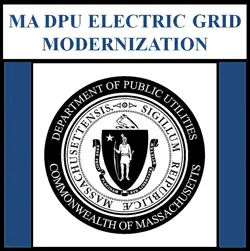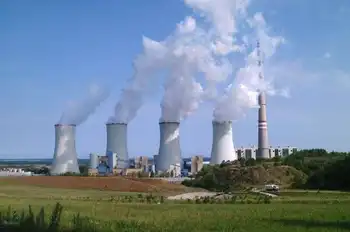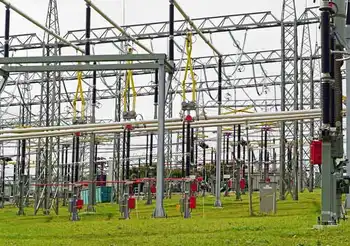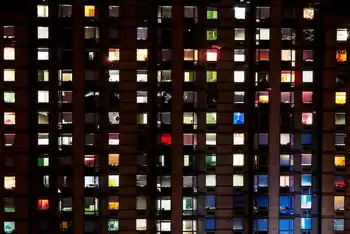Toyota building plant for ‘green’ batteries
TOKYO, JAPAN - Toyota is building a $192 million plant in Japan to produce batteries for gas-electric hybrid vehicles, as it seeks to keep its lead in an intensifying race for green cars set off by soaring fuel prices.
Toyota's joint venture with Matsushita Electric Industrial Co., which makes Panasonic brand products, is building the plant in Shizuoka prefecture, in central Japan, Toyota spokesman Paul Nolasco said. He declined to give more details.
The plant will produce nickel-metal hydride batteries, now in the company's hit Prius hybrid and other Toyota hybrid models.
The Nikkei, Japan's top business daily, reported that Toyota was building another plant in Japan to make lithium-ion batteries, set to be running by 2010, for future ecological cars. Nolasco said no decision has been made on such a plant.
Japan's top automaker, which leads the industry in gas-electric hybrids, has said it will rev up hybrid sales to 1 million a year sometime after 2010. The battery joint venture, Panasonic EV Energy Co., is 60 per cent owned by Toyota and 40 per cent by Matsushita.
Hybrids reduce pollution and emissions that are linked to global warming by switching between a gas engine and an electric motor to deliver better mileage than comparable standard cars. But they are still a niche market.
The Prius, which has been on sale for more than a decade, recently reached cumulative sales of 1 million vehicles.
Lithium-ion batteries, now common in laptops, produce more power and are smaller than nickel-metal hydride batteries. Toyota has said the lithium-ion batteries may be used in plug-in hybrids, which can be recharged from a home electrical outlet.
Rebecca Lindland, an industry research director at Global Insight, said hybrids are increasingly attractive in the U.S., which had in the past favored pickups and other gas guzzlers, as fuel prices surge, environmental concerns grow and tougher emission standards kick in.
Oil prices spiked above $135 a barrel this week, and consumers around the world are balking at having to pay far more than they were used to at the gas pumps.
"Hybrids are starting to make a lot more economic sense," she said at the Foreign Correspondents' Club in Tokyo, noting that the payback for a hybrid's higher price comes a lot faster these days.
Lindland said the Prius owed its success to being "very well-badged" as an unmistakable hybrid to consumers.
The world's other major automakers are also working on environmentally friendly cars, and the race is on to produce the best batteries to power them.
Earlier, Honda Motor Co., Japan's second-biggest automaker, said it will boost hybrid sales to 500,000 a year by sometime after 2010. Honda said it will introduce a new model sold solely as a hybrid next year, so the Tokyo-based company will have four hybrids in its lineup.
Nissan Motor Co., which still hasn't developed its own hybrid system for commercial sale, said it will have its original hybrid by 2010. Nissan is focusing more on electric vehicles, promising them for the U.S. and Japanese markets by 2010.
Nissan said its joint venture with electronics maker NEC Corp. will start mass-producing lithium-ion batteries in 2009 at a plant in Japan.
Related News

N.W.T. green energy advocate urges using more electricity for heat
HAY RIVER - A Northwest Territories green energy advocate says there's an obvious way to expand demand for electricity in the territory's South Slave region without relying on new mining developments — direct it toward heating.
One of the reasons the N.W.T. has always had some of the highest electricity rates in Canada is that a small number of people have to shoulder the huge costs of hydro facilities and power plants.
But some observers point out that residents consume as much energy for heat as they do for conventional uses of electricity, such as lighting and powering appliances. Right now almost…




